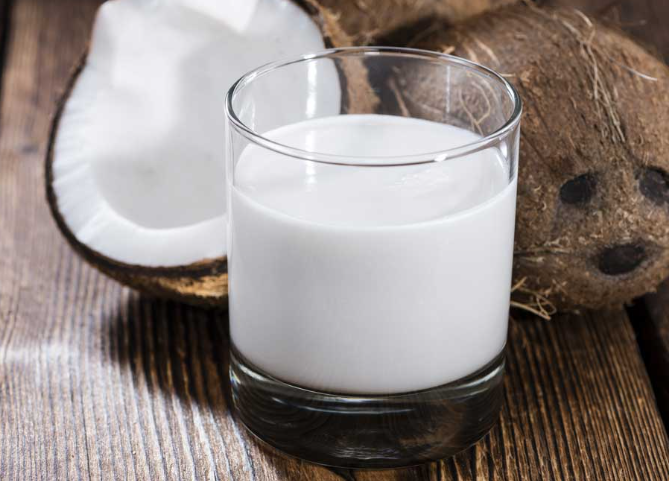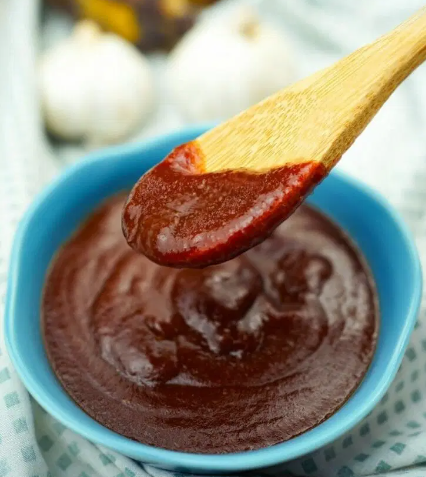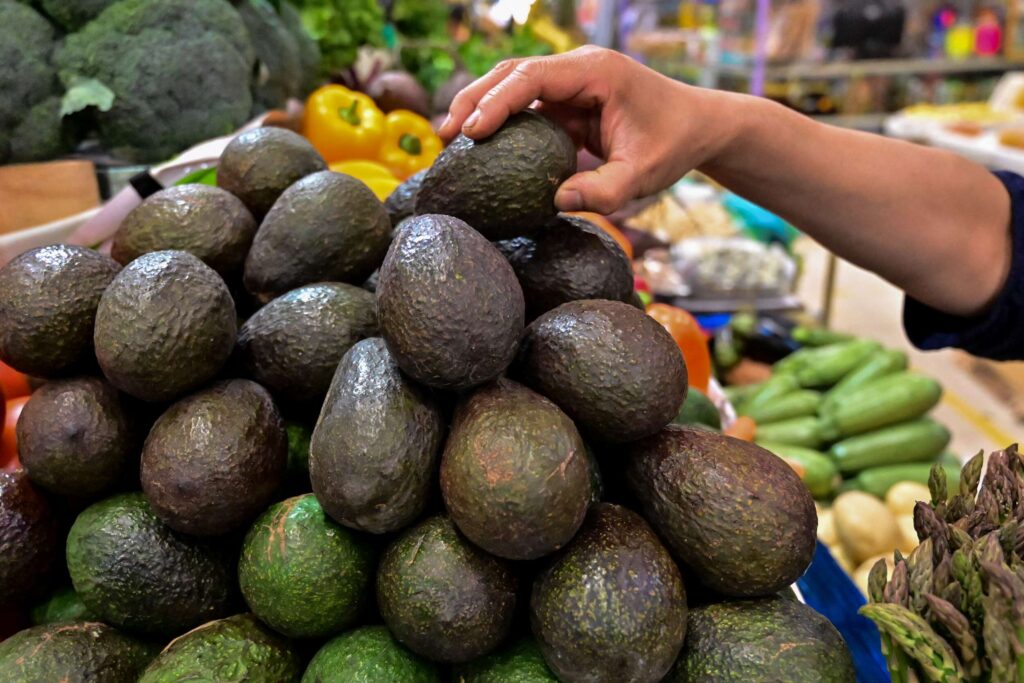Eggplants, also called aubergines, are tasty and good for your health. They come in a deep purple color and have a shiny skin, making any meal look better. But what about the seeds on the inside? Is it okay to eat them? Do they bring any health benefits?
Table of Contents
Tasty Seeds That You Can Crunch On
The seeds you find in an eggplant are good to eat. They can add a nice crunch to different foods. These seeds can be small like the ones in peppers or big like beans, and they taste kind of nutty.
Some folks might take out the seeds to keep the food from tasting bitter. But the seeds don’t really have much of the stuff that makes an eggplant taste bitter. If you cook the eggplant with the seeds, you can enjoy their crunch and flavor.
You can also make the seeds into a yummy snack by roasting them with some olive oil, salt, and spices. Or, blend them into dips, sauces, and spreads. The seeds have a lot of fiber which makes these foods thicker and creamier.
What’s Good About Eggplant Seeds?
Eggplant seeds have more to offer than just taste. They have important nutrients like:
- Fiber: Great for your digestion and heart, fiber can also keep your blood sugar steady and help you manage your weight.
- Protein: The seeds give you plant protein which is needed for your body to fix and build muscles and other tissues.
- Healthy Fats: These are good for your heart and include fats called omega-3 and omega-6 that keep swelling down in your body and keep your heart healthy.
- Vitamins and Minerals: Eating eggplant seeds can give you minerals like manganese and copper and vitamins like B6 and niacin. These help you stay energized, keep your bones strong, and help your immune system work well.
- Antioxidants: These protect your cells from damage. Compounds like nasunin in the seeds can lower your risk of heart problems. Others like anthocyanins and chlorogenic acid are good for your health too.
Adding eggplant seeds to your meals gives you lots of good nutrients without adding many calories because there aren’t that many seeds in an eggplant.
Are There Any Bad Sides to Eggplant Seeds?
Most people can eat eggplant seeds without any problems. But there are a couple of things to think about.
First, there are more oxalates in the seeds than in the rest of the eggplant. Oxalates can be a problem if you get kidney stones a lot because they can build up in your body.
Second, the seeds might have a little bit of something called solanine. If you eat a lot of it, it might upset your stomach. But usually, there’s not much solanine in eggplants, and cooking them makes it even less.
If you eat a balanced diet and don’t have too many eggplant seeds, you shouldn’t have any trouble. If you’re worried about oxalates or solanine, you can always take out the seeds before you eat the eggplant.
Final Thoughts
Despite what some may think, eggplant seeds are safe to eat and they’re full of good things for your body. They bring fiber, protein, vitamins, minerals, and antioxidants to your plate. With all these benefits, it’s a good idea to use eggplants more when you cook.

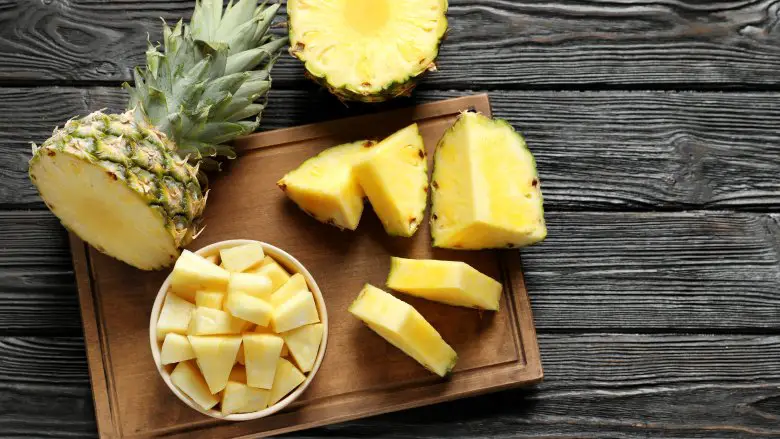
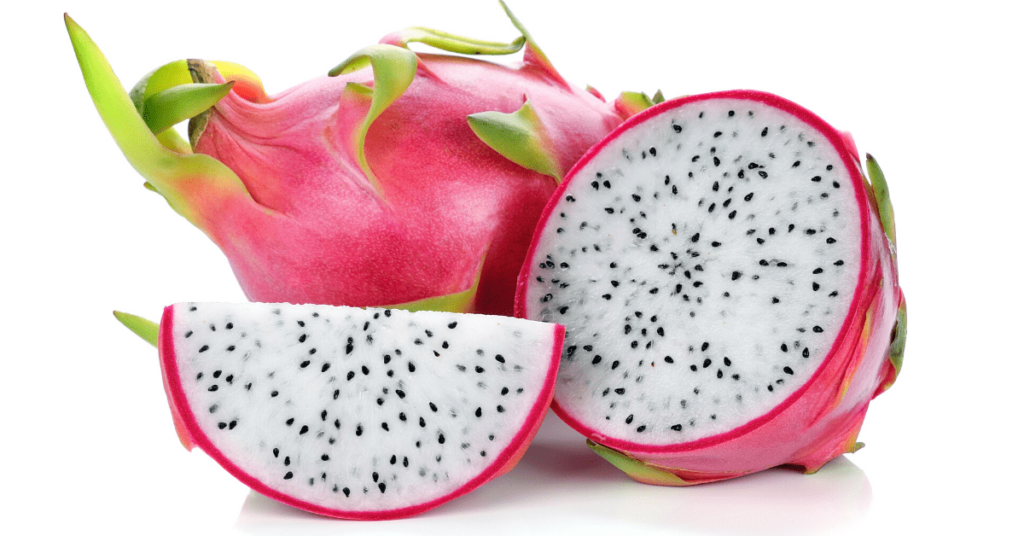
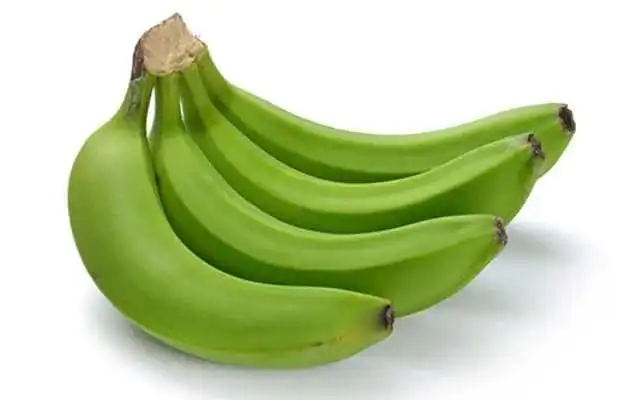
![What Fruits Can Birds Eat? [15 Nutritious Fruits]](https://fruitonix.com/wp-content/uploads/2023/05/Screenshot-2023-05-11-4.13.04-AM.png)

